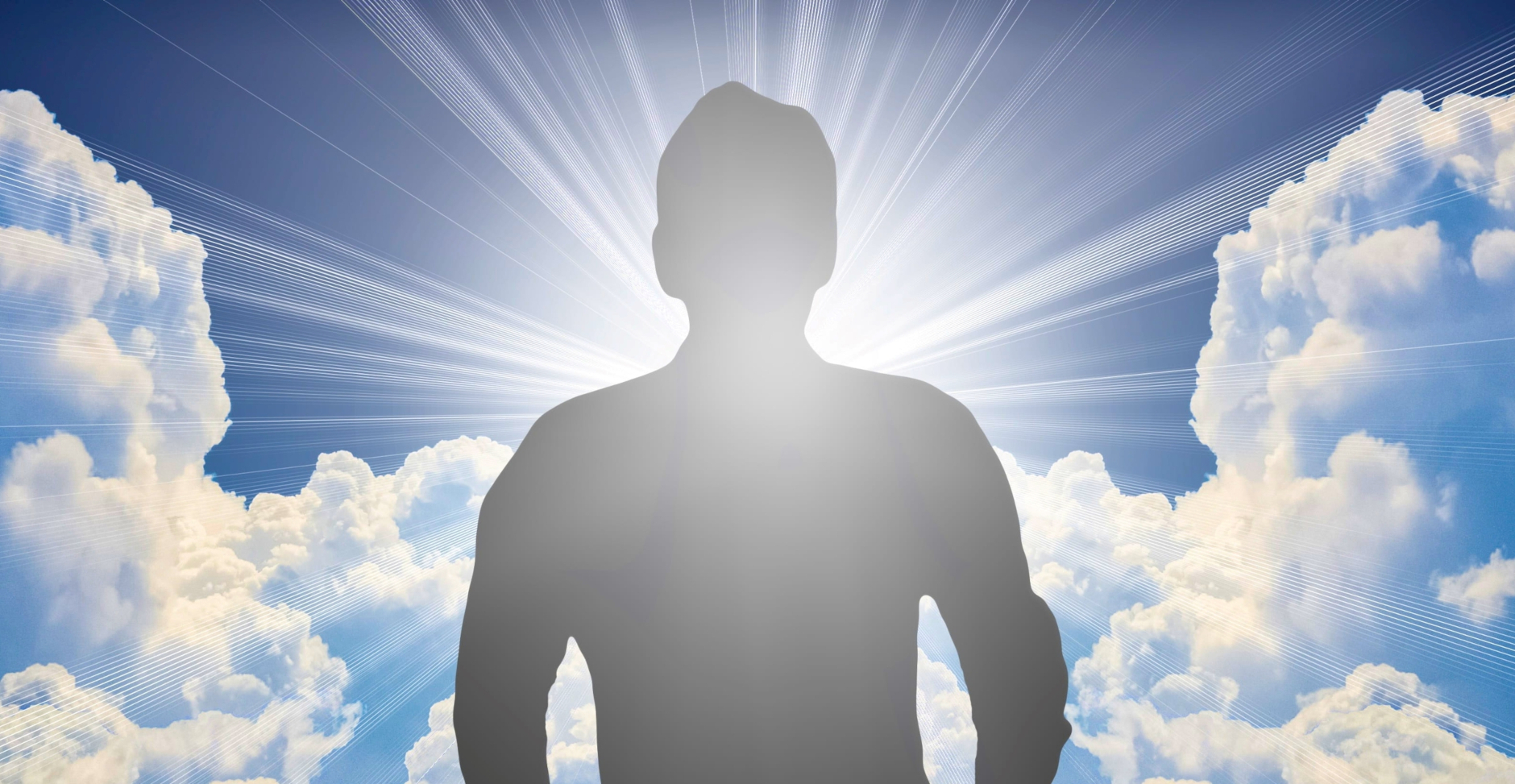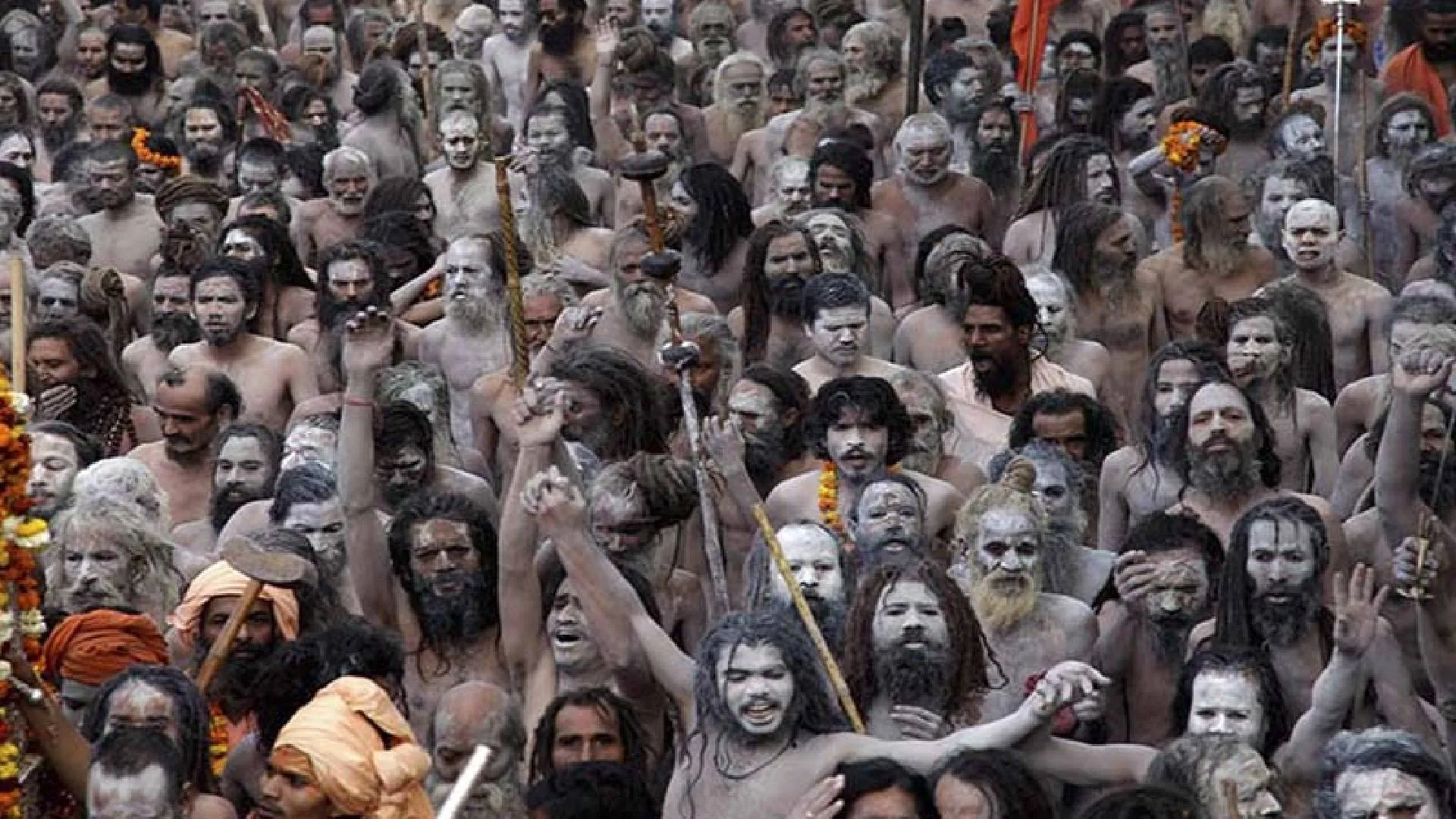Passing judgement on others sometimes seems like a national or global pastime. It takes very little for a conversation to turn to criticism of someone or another. Even given that people appear to be behaving in ever more outlandish ways, this habit of judging and criticising helps no-one, and must have a root cause.
From my own experience, I think the root cause of the habit is a lack of self-respect. There is a psychological or spiritual need at work here. Just as our bodies need good health, our psyche is the same. To function well in the world, we need a strong self-identity. When that inner strength is lacking, the ego tends to try to fill the gap by focusing on the weaknesses in others. When people feel judged, they begin to feel a fear of engaging and resentment tends to build up, all of which blocks real and valuable communication.
When we give respect and regard to others, it is like oiling the wheels of life, and things run more smoothly. However, there is also an actual physical effect on our health when we treat others with respect. If we could see our face when we think of someone with love and appreciation, or again, with annoyance and criticism, there is a vast contrast. Those expressions are just an outward signal of what is going on inside. Depending on the strength of feeling, billions of cells in our body may be affected.
When we experience positive feelings, the vibration is healthy and sustaining, and those vibrations of thought reach not only the one in question but also the atmosphere, and thereby any others around us. Seeing and dwelling on weaknesses in others makes our bodies go into a defensive mode. It does not help others, and if it keeps being repeated inside me, it will become part of my brain circuitry, limiting my capacity to love and thrive.
We do, though, need to see the reality of a situation, and not live in some imaginary world of well-being. We need to be discriminating in our dealings with others. Otherwise, disillusionment, mistrust and cynicism will set in – which is the price of naivety. Innocence is pure and powerful, and has the ability to see yet not to see, and discriminate without judgement. Krishnamurti said: “The ability to observe without evaluating is the highest form of human intelligence.”
Throughout the years of studying of Rajyoga, I have learnt that the root of the habit of being judgemental is a false consciousness of who I am. It is when I define myself according to what I do and what I own and all the relationships in my life, rather than the inner being that performs those roles, that I feel entitled to pass judgement on others.
Once we have understood what is going on, we can deal with the tendency and reverse it. We can choose to feel good on the inside, regardless of what is happening on the outside. The power to do this consistently comes when I shift from defining myself through the physical aspects of existence to an awareness of myself as a pure spirit. I may not be operating at 100 per cent purity of spirit yet, but each one of us, in fact, started out that way. Still more powerful is the understanding that we are all offspring of a divine source of pure consciousness.
It takes practice to see the self as the pure being within. When I adopt this positive awareness, then this awareness affects my habitual attitude, and ultimately how I see others. I am able to start focusing on their strengths, and appreciating the differences between us. I begin to see the real good in every person, and even have the faith that every circumstance holds some benefit, even though I may not be able to see it at the time.
It is not a question of trying to be better than I am, which implies being judgmental towards the self. It is more a matter of adopting the feeling of being much better than I thought I was! When I allow love to inform my life, I thrive.
Neville Hodgkinson is a UK-based author and journalist, and a
long-time student of Rajyoga.























